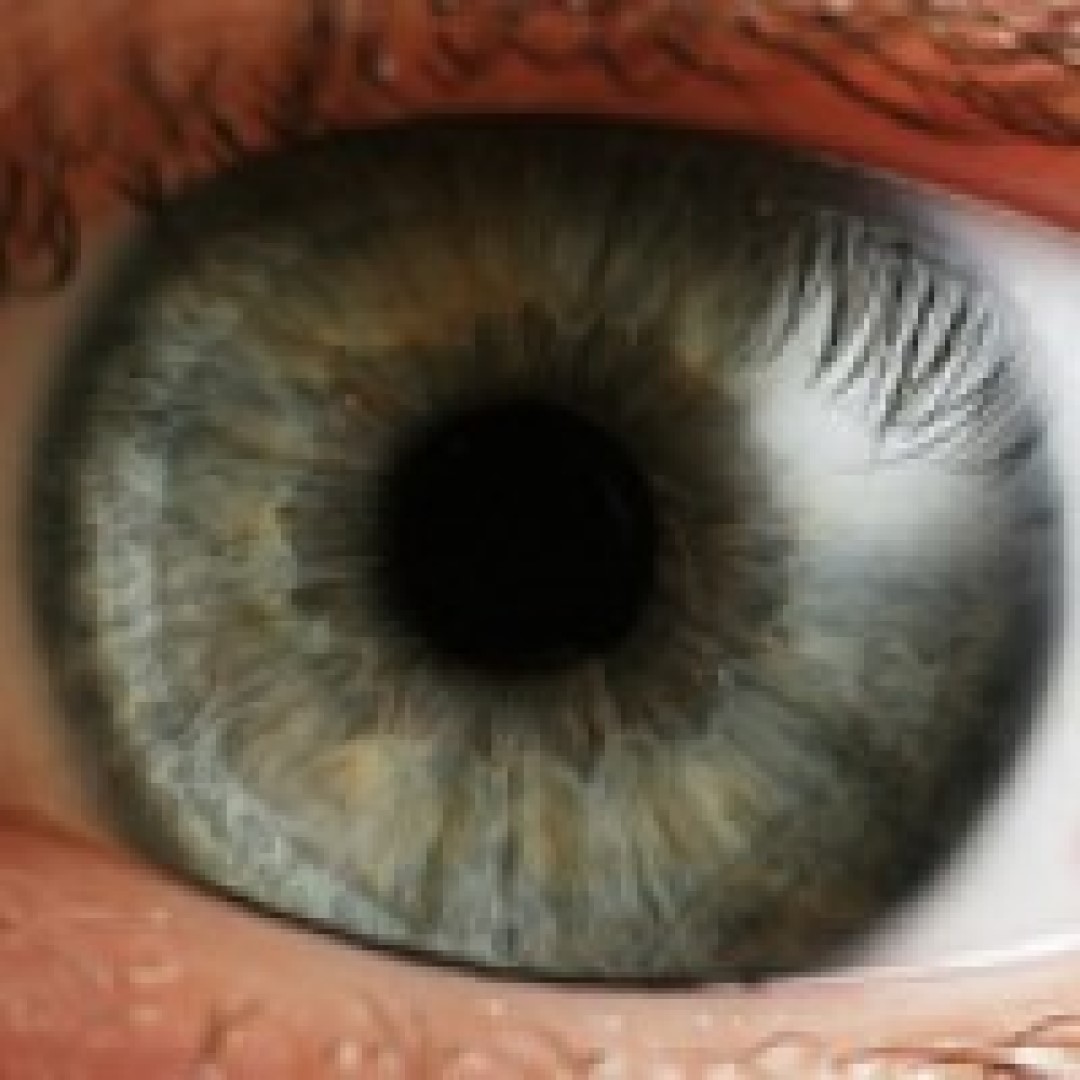
Cambridge researchers play key role in evidence leading to approval of new treatment for hereditary blindness
On Aug. 7, 2025, The National Institute for Health and Care Excellence (NICE) has today announced the approval of a new treatment for a form of hereditary blindness for use on the NHS in England. Cambridge researchers played a pivotal role in providing the evidence that led to this important development.
Leber hereditary optic neuropathy (LHON) affects around 2,500 people in the United Kingdom. It causes rapidly progressive loss of vision in both eyes. Within weeks of onset, an affected individual reaches the legal threshold to be considered as severely sight impaired (blind).
The condition tends to affect young men, with a peak age of onset between the ages of 15 and 35 years old, but women can also be affected and the loss of vision can occur at any age. The prognosis is poor, with only around one in 10 affected individuals experiencing some spontaneous visual improvement, which is invariably partial.
LHON is caused by the loss of retinal ganglion cells, specialised nerve cells in the innermost layer of the retina. The projections, or ‘axons’, from these cells converge to form the optic nerve, the cable that transmits visual information from the eye to the brain. Once these retinal ganglion cells are lost, the damage becomes irreversible. LHON is primarily caused by genetic defects within the mitochondrial genome, which is transmitted down the maternal line.
In 2011, the journal Brain published the results of a landmark randomised placebo-controlled trial of the drug idebenone to treat LHON. The RHODOS trial was led by Patrick Chinnery, at the time a researcher at Newcastle University and now Professor of Neurology at the University of Cambridge.
It found some potential benefit in a subgroup of patients. However, treatment with idebenone was only given for six months, and it was not clear whether there was any benefit in treating individuals who had been affected for more than one year.
These studies provided crucial evidence to support the use of idebenone to treat LHON patients. The drug was licensed for limited use by patients in Scotland, Wales and Northern Ireland and it has now been approved by NICE for use in patients aged 12 years and over in England
Tags:
Source: University of Cambridge
Credit:
